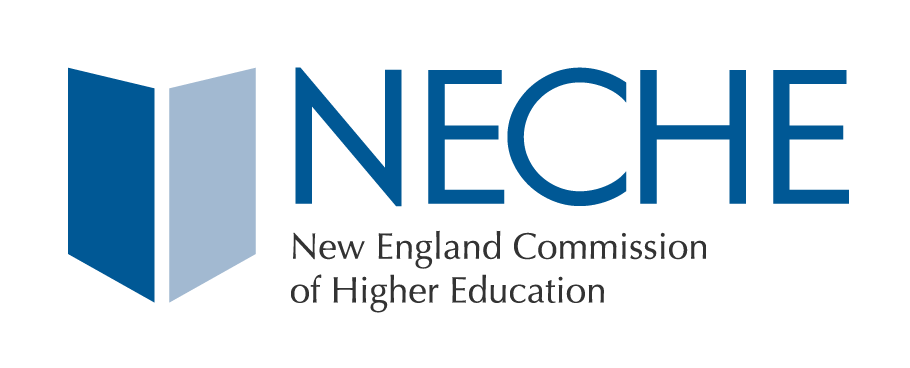
Today, one reads story after story of colleges closing, but rarely if ever do we hear about new institutions of higher education starting up. Part of the reason that’s such a rare occurrence is that the obstacles facing such start-ups are immense, from regulatory and accreditation hurdles to declining demographics and the steep financial cost of entry. But newly-opened Ralston College in Savannah, Georgia is intent on succeeding, despite all those hurdles, and my visit to Ralston last week was the first step in its multi-year process of earning accreditation from NECHE. Time will tell if this story will have a fairy-tale ending, but the college already has had quite an auspicious beginning.


Ralston opens as a graduate-degree-only institution, and its first class of 23 students will earn their Masters of Humanities degree next month. Those students began their very first semester (of four) in an intensive, total-immersion language residency in Greece. As Ralston’s website explains:
Greek language and the spirit of Hellenism are the threads which run through the humanities in all of their disparate forms, in each epoch of their expression. For centuries, the ability to access the foundational texts of the Western tradition without translators, commentators, or other intermediaries has been a nearly universal prerequisite for the meaningful encounter with—and entry into—its cultural inheritance.
When the students return to Savannah, the curriculum moves chronologically from ancient times to the present. Focusing, in 2022-23, on the theme of “the self,” the multidisciplinary curriculum traces the origins and chronological development of the concept of the human self through philosophy, music, architecture, art, and literature. Students face the challenge of “discovering—and recovering—what the human self has meant, historically, across diverse times and cultures, and how this conception continues to inform the existential assumptions and convictions of our current moment.”
Not for the faint of heart, I’d say. And future plans include a parallel Latin-based model that begins with a total immersion residency in Sicily.


This first Ralston class has been completely funded by two very generous donors (and a host of other contributors), and covers all tuition, room and board for each student. The majority of students are housed in a gorgeous inn in Savannah’s lush and charming historic district, while the college’s administrative offices are housed in another beautiful historic building. Classes are held in a nearby historic church, and Ralston recently purchased the last unrestored, free-standing mansion in Savannah’s Historic District, the 6,864-square-foot Noble Hardee House at 3 West Gordon Street, and will begin a capital campaign to fund its restoration.



My favorite part of the visit was an hour spent with six Ralston students — about a quarter of the entire student body. I began by asking how each one of them had found their way to Ralston and every story was unexpected and unique. I would have guessed they had all been serious classics majors in college, but no …one young woman was a business major from an SEC school, another a tech entrepreneur from Silicon Valley, a writer, musician, artist, bookseller, neuroscientist, and a few teachers. A more fascinating (and intense) group of young people you will never meet.

In addition to meeting with Ralston trustees, faculty, students, and administrators, I had the privilege of attending two classes and a lecture by a visiting professor from Cambridge University. I consider myself a reasonably intelligent person (or at least I did until this visit), but let me put it this way: I think the subject matter I understood best was in the class where only Greek was spoken, and needless to say, I don’t speak Greek.
Once again, I’m reminded that the extraordinary diversity of our institutions is what makes my job the most compelling endeavor I can imagine. And Ralston College certainly proved to be one of the most intriguing of all.

